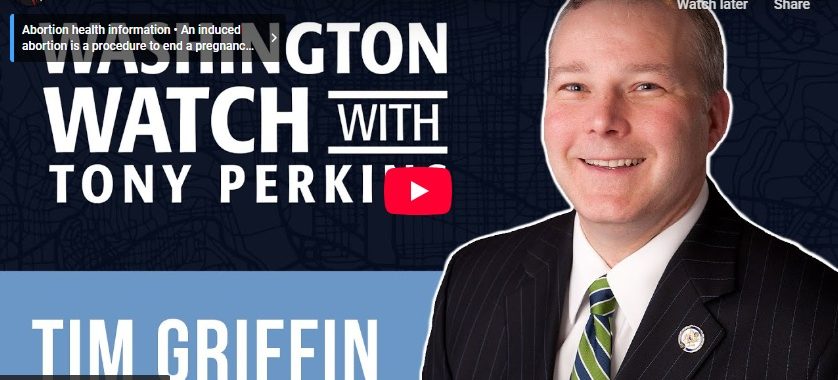Crossett to Dedicate First Safe Haven Baby Box on August 20

The following is a press release from Arkansas Right to Life.
CROSSETT – Crossett’s 1st and Arkansas’ 31th Safe Haven Baby Box will be dedicated at 1 p.m., Wednesday, August 20, at Ashley County Medical Center, 1015 Unity Road. The public is invited.
“Saving lives just got a little easier in Crossett, Arkansas, as our newest baby box will be blessed on August 20th. The newest addition represents a significant step forward in our mission to provide a safe and anonymous alternative to surrendering an infant,” said Monica Kelsey, founder of Safe Haven Baby Boxes. “Our new location will offer a secure and compassionate option for parents in crisis and help ensure every infant has a chance for a safe and loving future. Across the country, there are 367 Safe Haven Baby Box locations with 31 in Arkansas.”
Kelsey added, “The Safe Haven Baby Box in Crossett would not have been possible without the local advocates, the Ashley County Medical Center, and Life Choices Pregnancy Care Center, for working tirelessly to bring this resource to their community.”
Speakers expected at the event include Rose Mimms, executive director of Arkansas Right to Life; Phillip Gilmore, CEO, Ashley County Medical Center; Senator Ben Gilmore, and Rep. Howard Beatty. Phillip Slaughter, pastor of First Baptist Church, Crossett, will offer a blessing and remarks.
Safe Haven Baby Boxes was founded by Monica Kelsey on a mission to end infant abandonment. In addition to baby boxes, the organization provides a confidential National Hotline, 1-866-99BABY1. Twenty-four states have a Baby Box presence within their state. Kelsey shared, “We have seen time and time again that preparation can save and change lives. We never know when or where we will be needed, so it is crucial to have options for mothers in crisis. I am grateful for local advocates who take our mission to their community.”
Since 2017, 60 infants have been safely and legally surrendered in a Baby Box. The National Safe Haven Crisis line has assisted with more than 150 handoff surrenders. Each year the numbers increase with more baby boxes available across the country. Surrendered infants are adopted by families who have registered as foster to adopt. The Local Department of Family Services coordinates the adoption process.
–30–




